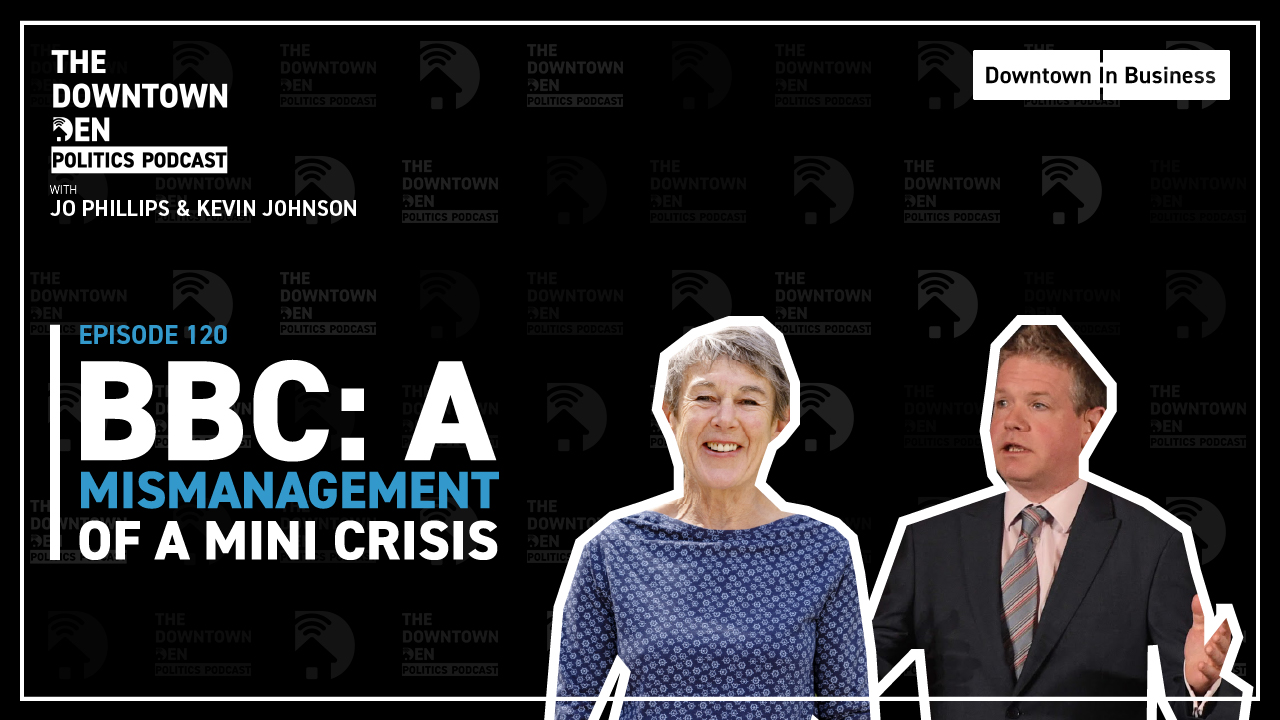While Covid-19 might have put a pause on normality for the time being, and meant that many people in the UK are in furlough or out of work, new research from Totaljobs has found that two thirds of workers are using this time to re-evaluate their career.
In fact, 1 in 5 (19%) of those not currently working due to the virus are using this time to plan, search for and find a new career in a different industry to the one they currently work, or worked, in. Those considering a career change by working in a different industry are driven by a desire to learn new skills or challenge themselves (51%), gain a better work-life balance (43%) or have increased job security (32%).
Recent developments have meant 1 in 5 (22%) UK workers have realised that their current role isn’t for them. Overall half of UK workers (50%) expect they’ll make a career change within the next two years, equating to nearly 16.6 million workers switching industry in that time. In addition, Totaljobs data shows that 43% hope to make a career move as soon as possible, while 23% plan to do so within the next year
Confidence among uncertainty
Others have already had to make a career change out of necessity. News of former airline staff using their first aid training in hospitals, or hospitality workers finding temporary work as delivery drivers has shown how UK businesses and workers have adapted to the ever-changing situation.
According to the research, 7% of people have already started work in a different industry, after being displaced due to Covid-19. Of these, (67%) believe the skills they already had were of use. As a result, the same number believe they now have a better understanding of the value of their skillset.
With this, over half (55%) were surprised to find the transition across industries was smooth, while 56% say the change was welcome as they were intending to work in a different industry anyway. This experience has meant that over half (52%) of workers intend on staying in their new industry, regardless of Covid-19 restrictions lifting.
Hearing stories from those who have already changed industries has inspired others, with 22% of people claiming they are now more aware of how they could use their own professional skillset in a new setting.
Hiring for skills, not experience
In the months and years prior to the outbreak of Covid-19, three quarters of UK businesses have faced skills or labour shortages.[1] Some industries have paused hiring or have furloughed staff, while others have seen a surge in demand following the outbreak.
In-demand industries include social care, logistics, retail, IT and engineering. The research into the ‘Transfer Market’ shows the crossover between the skills recruiting industries are on the look out for, from communication and teamwork, to mechanical or driving experience.
Compatible industries include Human Resources and Social Care, where there’s a 55% crossover in the skills sought after by employers in these sectors. This means that care providers, currently looking to mass-hire more staff, can find relevant skills like patience and problem solving in candidates who may not have worked in care – but have picked up transferable skills from another industry.
Similarly, employers in the logistics sector can look for candidates from other industries including sales (a 47% match), where transferable skills including coaching and organisation can be found. This can help logistics businesses to meet rising demand.
This is reflected in the job market, as in April, the average number of applications for vacancies in logistics rose by 159%, while in social care this rose by 20% on Totaljobs.
Jon Wilson, CEO of Totaljobs said: “Industries including social care, logistics, IT, retail and engineering have seen a surge in demand for staff as a result of Covid-19. The need to adapt to the current situation means many businesses have had to speed up their recruitment process and quickly train new staff up so they can begin work. By tapping into new talent pools from industries full of workers with transferable skills, businesses are more likely to see new staff hit the ground running.
“However, not all businesses are in a position to hire at the moment. For those who have put recruitment on pause, it’s important to properly communicate with your employees and do what you can to support them. A third of people say their perception of their employer has changed based on their response to Covid-19, with 1 in 4 feeling more loyal to their company as a result.
“Covid-19 has changed the game for now but in the future, businesses will need to continue plugging skills shortages and think outside the box when it comes to hiring. By looking out for transferable skills rather than a certain amount of experience in your industry, employers will find fresh talent with new perspectives who also have the relevant skills for success.”
Employers in social care, logistics, retail, IT and engineering can recruit candidates from the industries listed here. More general advice is available here.
Candidates who are considering a career change can draw attention to some of their most transferable skills in their CV, listed here.









